Spotlight
A selection of resources from across the Federation

HIV Theory of Change
Our HIV Theory of Change is to clarify the goals and vision of IPPF’s HIV programme and to articulate the different pathways and strategies IPPF uses to contribute towards its HIV goals and vision.
Filter our resources by:

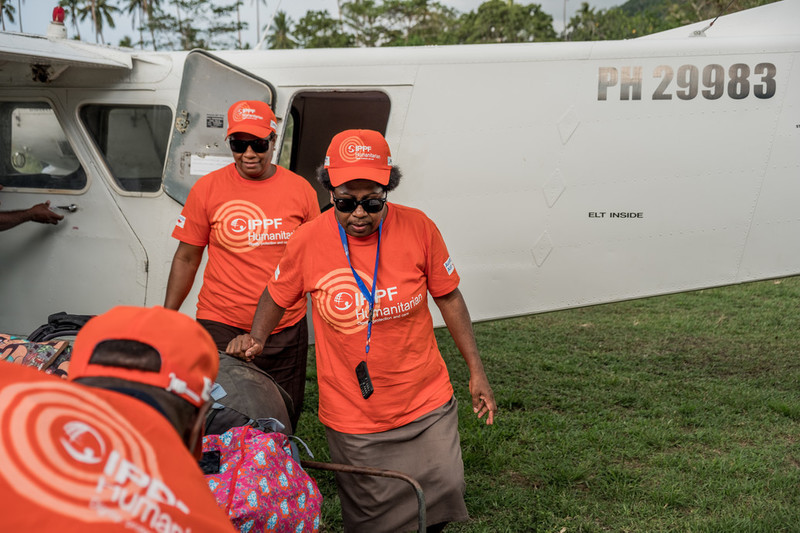
| 19 December 2017
Humanitarian response team ensures safe delivery of emergency supplies following volcanic eruptions, Vanuatu
Toxic fumes due to seismic activity in Manaro Voui volcano, Vanuatu, forced the entire island population to be evacuated. Once the threat level was decreased and the population returned, the Vanuatu Family Health Association, through the International Planned Parenthood Federation, commenced a humanitarian response with mobile health clinics and awareness sessions. The services available through the clinics included pregnancy and delivery support, contraceptives such as condoms, injectables, implants and emergency contraceptives, and screening and management of sexually transmitted infections. Photography © IPPF/Kathleen Prior Read more
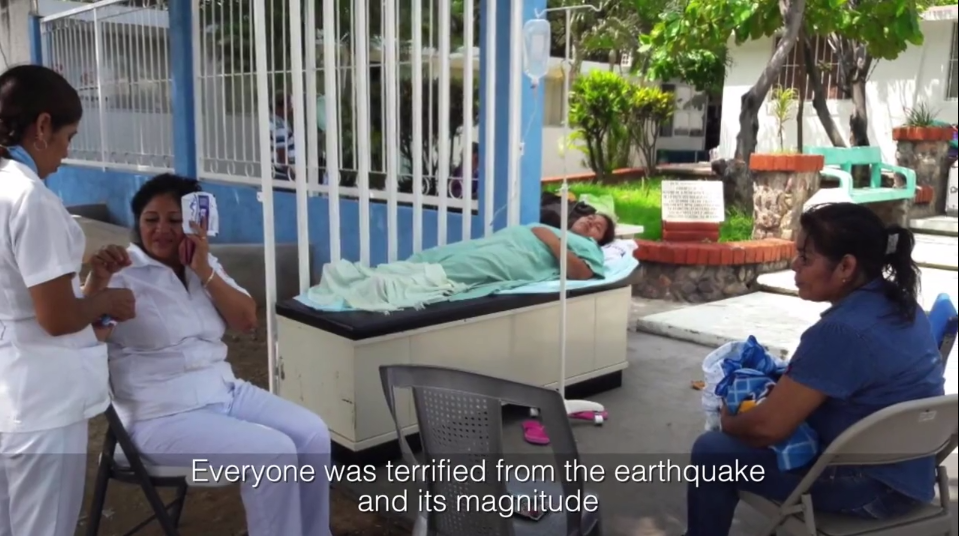
| 14 December 2017
Resilience
Mexfam, IPPF member association in Mexico, continued to provide free healthcare during and after the record-breaking earthquakes in September 2017, despite many members of staff losing their homes and even family members. This is what resilience looks like and we thank those that continue to provide people with vital sexual and reproductive healthcare.
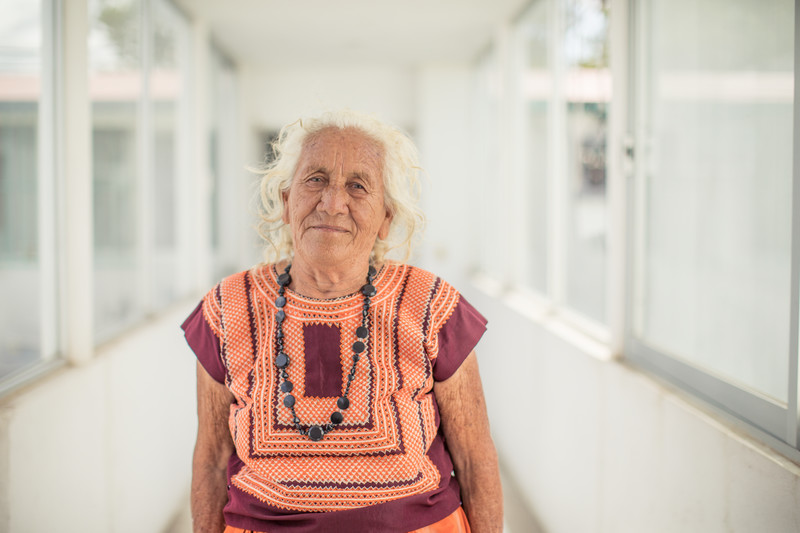
| 13 December 2017
Resilience and commitment in the aftermath of Mexico's devastating earthquakes
In September 2017, Mexico suffered from a devastating magnitude 7.1 earthquake that left hundreds dead and injured, while crushing buildings and destroying infrastructure. We immediately activated our humanitarian response network which assessed damage, deployed personnel, and made sure our mobile clinics were able to operate and reach local communities with vital healthcare and services. Mexfam, an IPPF member association in Mexico, continued to provide free healthcare during and after the record-breaking earthquakes, despite many members of staff losing their homes and even family members. This is what resilience looks like and we thank those that continue to provide people with vital sexual and reproductive healthcare. Photography © IPPF/Brenda Islas Photos: © IPPF/Brenda Islas
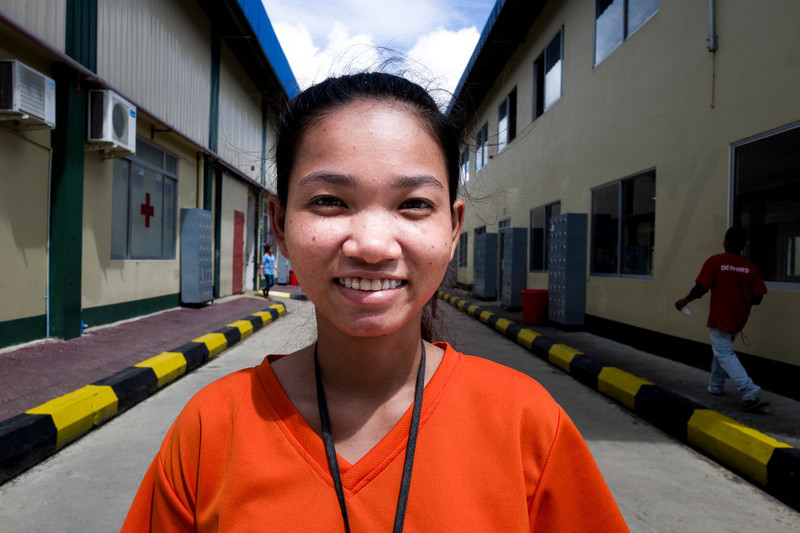
| 08 November 2017
Health with pop: Talking sex education with Cambodia’s female garment workers
About 700,000 people work in Cambodia’s garment factories, many of them migrant women from rural areas who typically possess low levels of education. According to Dr. Sreng, not only do these women often lack crucial health knowledge, but they tend not to trust health providers or know where to access medical care. RHAC, which first took its health outreach programme into garment factories in 1998, now operates in 82 factories that employ a combined total of 130,429 workers. Nearly 28,000 of them have taken part in RHAC-led group discussions and more than 67,000 have attended targeted health days like the one at Propitious. Photography © IPPF/Omar Havana

| 27 October 2017
The Contraceptive challenge III: the displaced woman
For displaced women, access to unbiased information and services is a real challenge. IPPF member associations reach women in humanitarian settings to ensure that they have the information and care they need to freely decide abut their health.
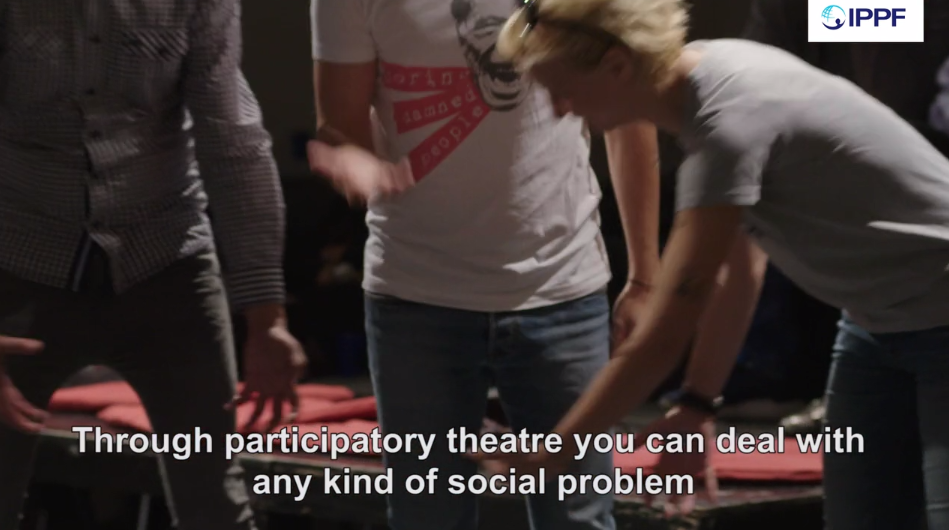
| 24 October 2017
Watch: Confronting gender stereotypes in Serbia
The Serbian Association for Sexual and Reproductive Health and Rights (SRH Serbia) teamed up with IPAK to challenge gender stereotypes in Serbian society through the act of theatre-based workshops. Boys and girls participate and literally walk in one another's shoes to help challenge and dismantle 'gender roles'. The workshop was funded by the IPPF Innovation Programme.















